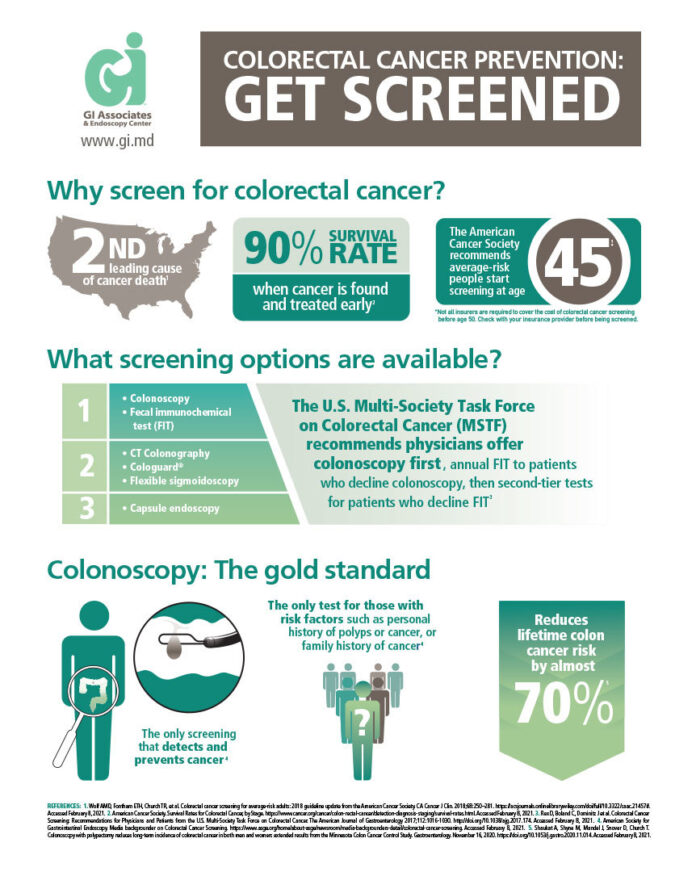
The Silent Killer: Understanding the Links Between Colon Cancer and Anemia
Colon cancer is a deadly disease that affects millions of people around the world. It is often referred to as the “silent killer” because it can develop without noticeable symptoms until it reaches an advanced stage. One of the lesser-known but essential links to colon cancer is anemia. In this article, we will explore the connections between colon cancer and anemia, the symptoms to watch for, the risk factors involved, and the importance of regular screenings.
Anemia is a condition characterized by a lack of healthy red blood cells or hemoglobin in the blood. Hemoglobin is responsible for carrying oxygen throughout the body, and its deficiency can lead to fatigue, weakness, and shortness of breath. Anemia can occur due to various reasons, such as iron deficiency, vitamin deficiency, chronic disease, or bone marrow disorders. However, it can also be a consequence of colon cancer.
One of the key reasons for anemia in colorectal cancer patients is chronic bleeding from colon tumors. As cancerous cells invade the colon lining, they can cause bleeding, which often goes unnoticed. The blood loss can be quite gradual, leading to anemia over time. The decreased amount of hemoglobin in the blood impairs its oxygen-supplying ability, resulting in the characteristic symptoms of anemia.
The most common symptoms of anemia are fatigue, weakness, pale skin, shortness of breath, dizziness, and heart palpitations. These symptoms are often attributed to other causes or are brushed off as normal signs of aging, which is why anemia can be easily overlooked. However, it is essential to be aware that these symptoms can also indicate an underlying colon cancer.
Several risk factors increase the likelihood of developing colon cancer and anemia. Age is a significant factor, as both conditions are more common in individuals over the age of 50. A personal or family history of colon cancer or certain inherited conditions like Lynch syndrome or familial adenomatous polyposis (FAP) can also predispose someone to both colon cancer and anemia. Other risk factors include a sedentary lifestyle, obesity, smoking, and a diet high in red or processed meat.
Early detection of colon cancer is critical for successful treatment and improved survival rates. Regular screenings, such as fecal occult blood tests, colonoscopies, and imaging tests, can help identify colon cancer early on and prevent the progression to advanced stages. It is recommended that adults aged 45 and older, or earlier for individuals with increased risk factors, undergo regular screenings to detect colon cancer and potential anemia.
When colon cancer and anemia are diagnosed concurrently, the treatment plan must address both conditions simultaneously. The first step is to control the bleeding that is causing the anemia. This typically involves surgically removing the cancerous tumors from the colon. Other treatment options for colon cancer, such as chemotherapy, radiation therapy, or targeted drug therapy, may be necessary, depending on the stage and severity of the disease.
Furthermore, managing anemia in colon cancer patients involves replenishing the red blood cell count and hemoglobin levels. Iron supplements, vitamin B12 injections, or erythropoiesis-stimulating agents can help stimulate red blood cell production. In severe cases, blood transfusions may be required to provide immediate relief.
In conclusion, the link between colon cancer and anemia is an important yet often overlooked aspect of the disease. Anemia can be a result of chronic bleeding from colon tumors and is considered one of the silent symptoms of colon cancer. Recognizing the signs and risk factors associated with both conditions is crucial for early detection and effective treatment. Regular screenings for colon cancer are essential to identify and address any potential anemia promptly. By raising awareness about this link, we can ensure that individuals are vigilant about their health and seek medical attention if they experience symptoms of anemia or have risk factors for colon cancer. Remember, early detection saves lives.

















